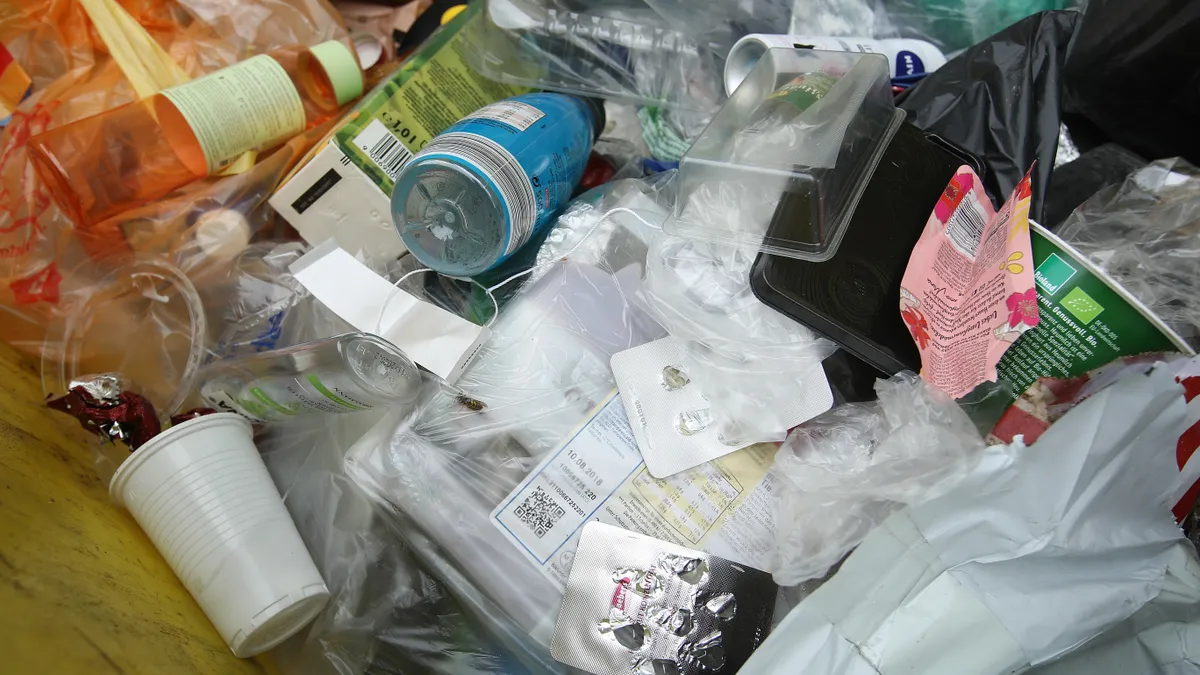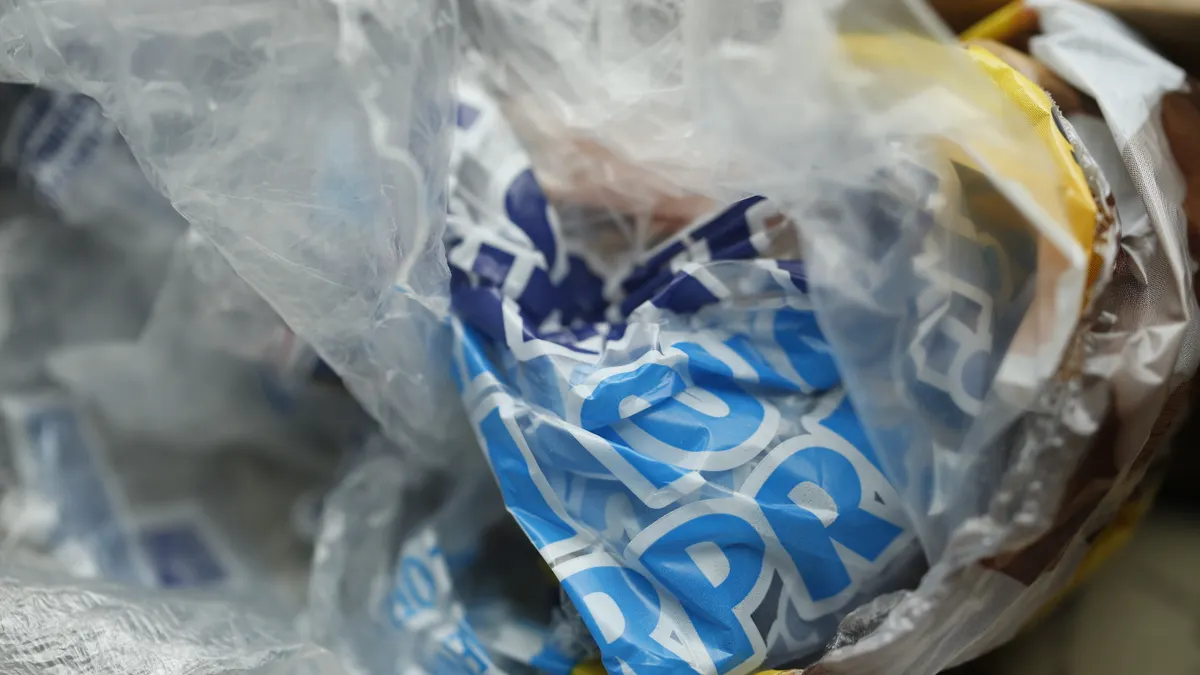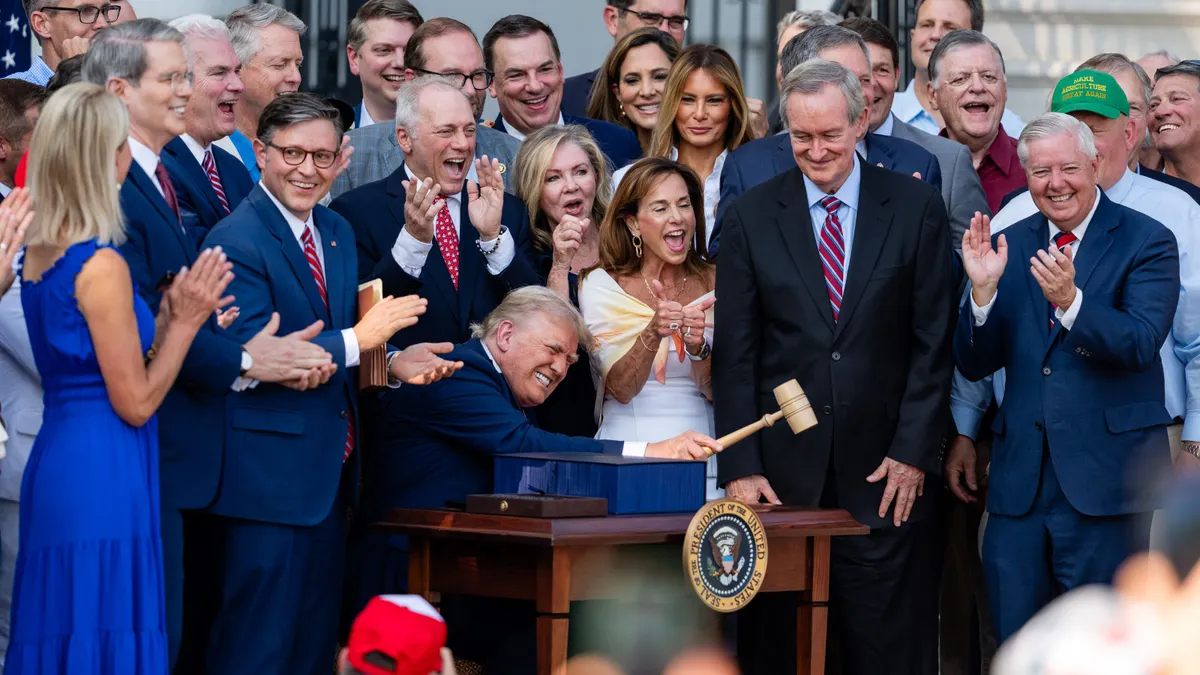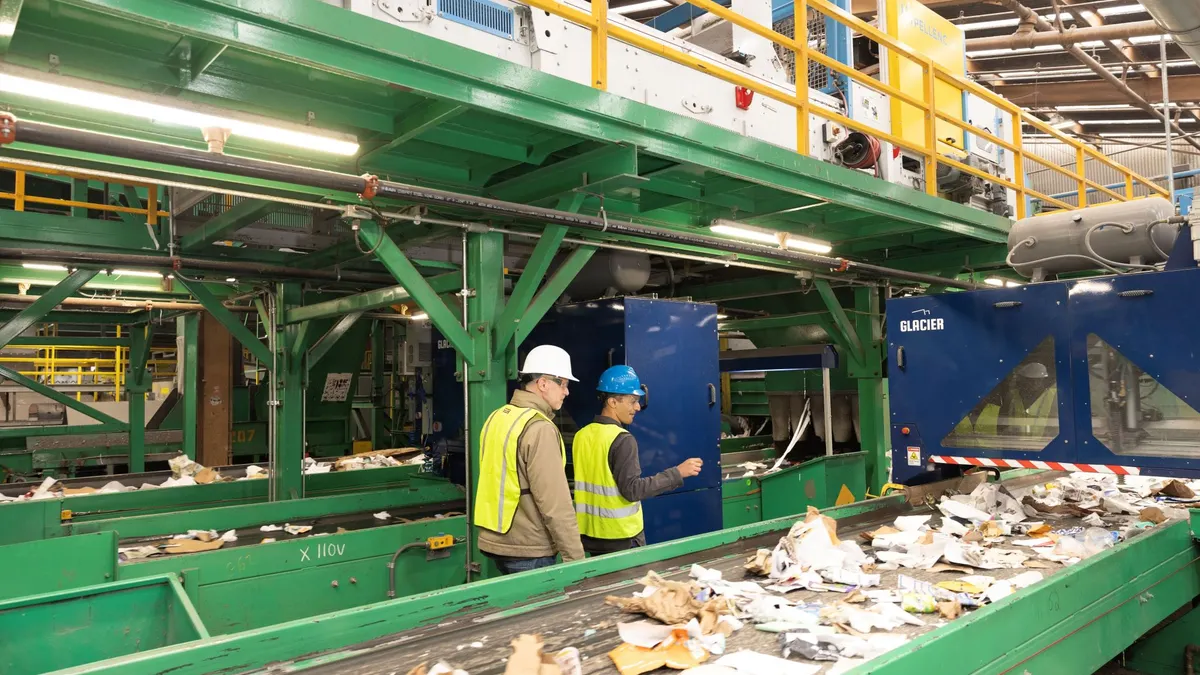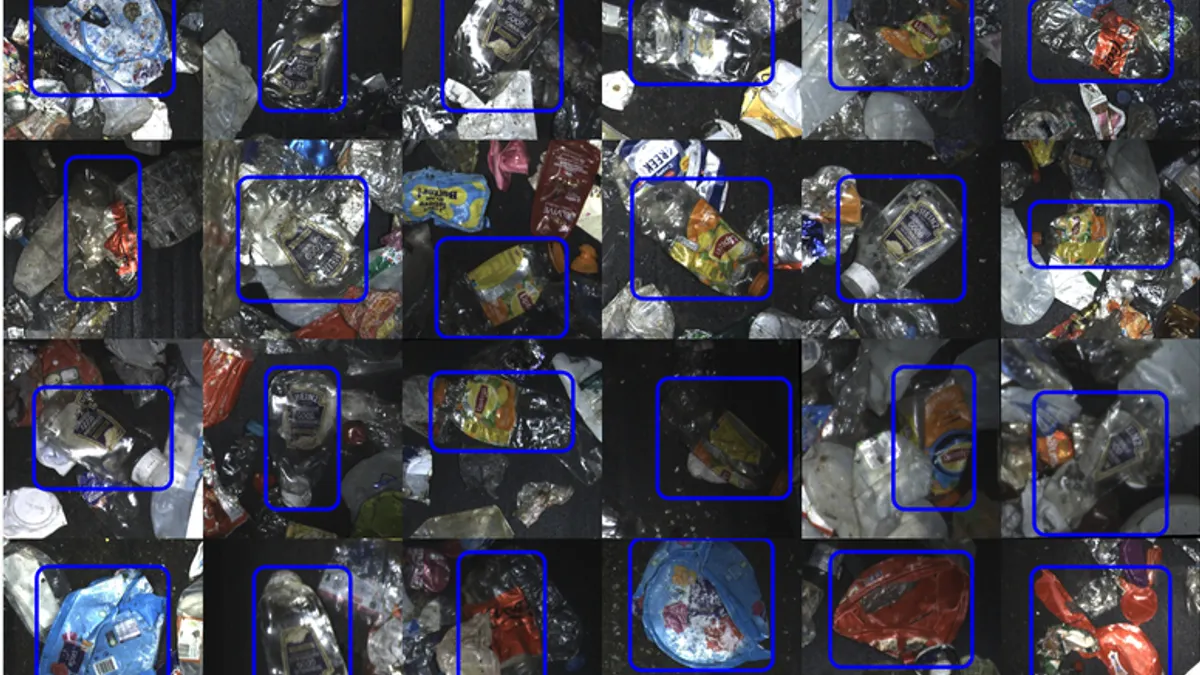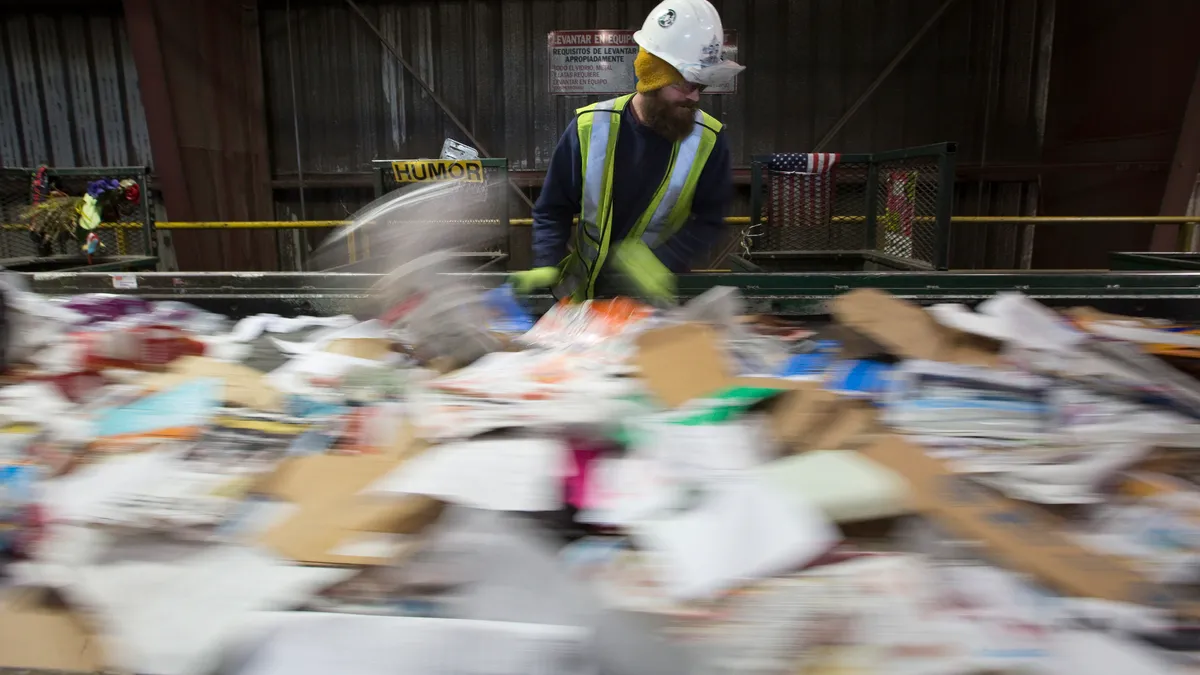In a time of anxiety and uncertainty across the waste industry, public sector leaders from around the country laid out their plans to meet the challenges head-on at WASTECON.
Addressing a crowd in Phoenix during the event's final day, Orange County Waste and Recycling Director Tom Koutroulis argued the industry itself isn't prepared for the rocky road ahead.
"We tend to be a more reactive industry," Koutroulis said.
Kathryn Sandoe, chief commercial officer for the Lancaster County Solid Waste Management Authority in Pennsylvania, nodded in agreement to the "mostly external factors" that are impossible to control in any industry. "But just because we can't control them doesn't mean that we shouldn't be thinking about them," she asserted.
That approach seemed to resonate with other officials, who pointed to several key areas where the industry will need to improve to weather future hurdles.
One emerging theme was overhauling infrastructure, an issue that Philadelphia Streets Commissioner Carlton Williams spoke to as he criticized a "lack of innovation" in areas like waste and transportation. Referencing the unavoidable example of China's National Sword policy, Williams underscored how the waste industry was not "prepared to deal with the fallout" from that move and said investing in domestic infrastructure will be critical to future success.
Another emerging issue, speakers agreed, is generational change. The rise of "digital citizens" is challenging how board meetings function, in step with shifting communication preferences among the public. Dan Pellowitz, executive director for the Solid Waste Authority of Palm Beach County, Florida, noted millennials tend to prefer to interact with news and information in a more digital way.
"It's likely they're going to want to connect the same way with government," he said. Reaching those constituents in a way that is comfortable for them, Pellowitz argued, could help convey the thinking behind public sector decision-making. That could mean making materials and pertinent items more accessible online, in addition to embracing other forms of communication, like smartphone applications.
"The challenge is to put the information together, to get the story out there," said Pellowitz.
Even as the public sector seeks to improve practices going forward, however, public sector leaders are also facing an indisputable hurdle: fiscal uncertainty.
"[There's always] a lot of month left at the end of the money," joked Pat McLaughlin, director of King County Solid Waste in Washington state, as he referenced his own's community's financial situation.
Concerns about money, especially in light of major changes to recycling, are real and ongoing for the industry. In a keynote speech kicking off WASTECON, Republic Services President Jon Vander Ark argued that a "new business model" will be needed for the industry to fortify itself against future crises. This may apply both to public sector agencies running their own programs or those contracting with outside companies to do so. McLaughlin referenced Vander Ark's comments and acknowledged the "outside forces pushing in" that have prompted the public sector to reexamine its approach to business.
For McLaughlin, that means operators need to "immediately rethink our systems" and bring together all members of the supply chain to work together proactively, in what he deemed an "exciting opportunity." During an interactive segment at the end of the panel, audience members built upon that proposal by suggesting that collaboration with the U.S. packaging industry could give those focusing on waste and recycling issues some lead time to prepare for new products and consumer trends.
"We need to talk to other industries about what's going on," Sandoe agreed, as did Williams, who offered that the waste industry stands to benefit from being "at the table at the beginning of the conversation, not at the end."
Some bigger issues are also creeping into conversations among public sector leaders. Williams spoke to growing awareness about climate change and reducing the emissions associated with waste as public concern mounts. The industry "needs action plans" for how to address these major challenges, he said.
Faced with looming problems, however, speakers also sounded a positive note about the ways in which collaboration between local governments is already helping communities to become more efficient. Ty Marsh, executive director for the Solid Waste Authority of Central Ohio, pointed to that growing sense of partnership as one space in which he feels the public sector "is doing well now" and limiting risk-taking.
"[Our] whole idea [is] that if you've made a mistake before...let's share those, so that we don't make the same mistake," Marsh said.
That approach means constantly trading information and trying to avoid doubling down on any missteps. But even as local governments increase their collaboration, speakers agreed their ultimate focus must remain on the individual needs of their communities.
"Our responsibility is to act locally," said Pellowitz.






